Patagonia turns 50
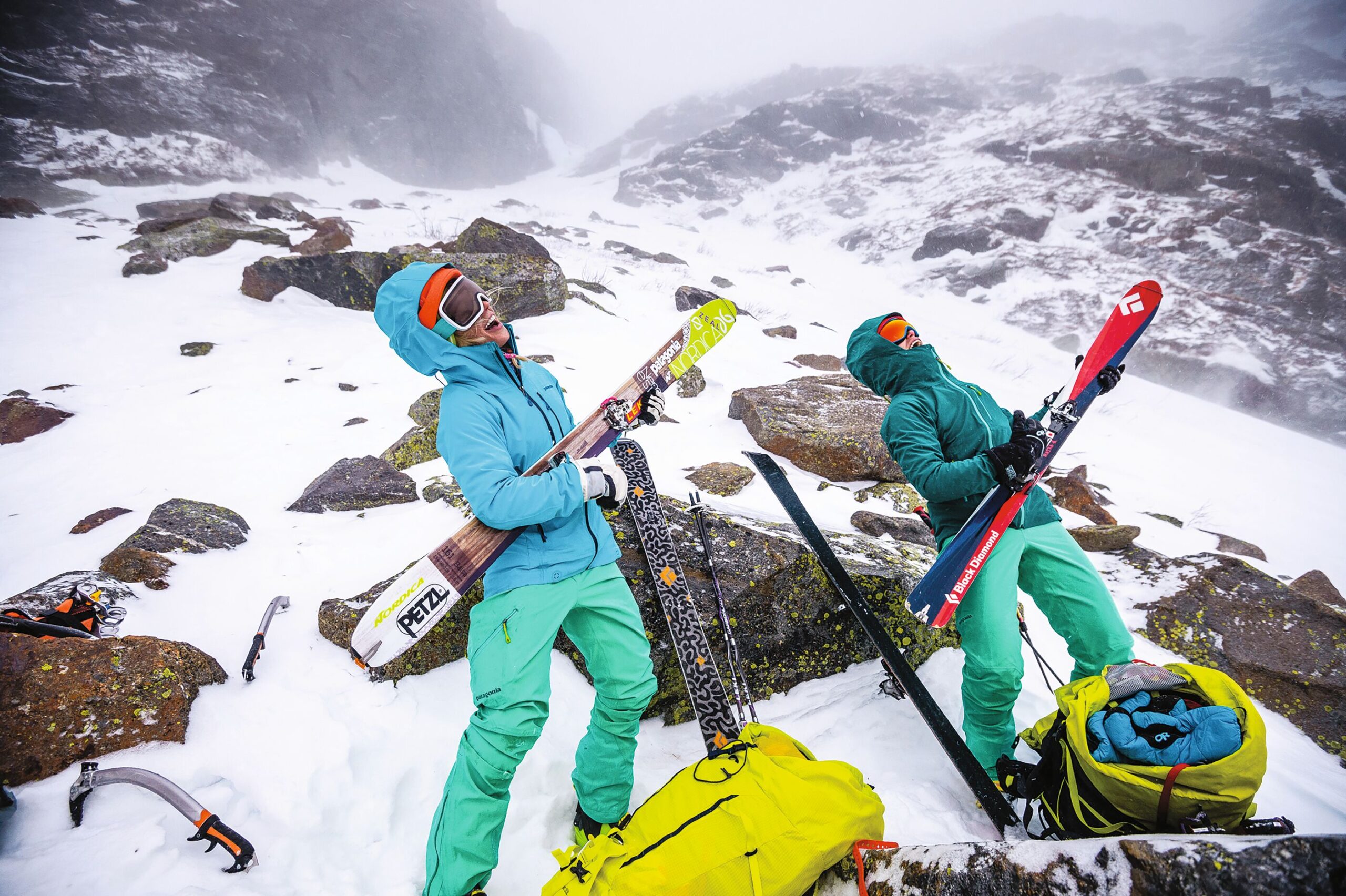

Patagonia turns 50 this year and the outdoor apparel company that was started by a self-taught blacksmith is focused on what’s next.
Any hope of a thriving planet — much less a thriving business — is going to take all of us doing what we can with the resources we have. At Patagonia, that means being in business to save our home planet and having a lot of fun along the way.
Take a look at what’s been achieved together, and at the work that lies ahead, to put the planet and people over profit:
Since its founding, the company has remained committed to building quality products and doing less harm to the planet.
These ten pivotal moments show how Patagonia has previously prioritised the planet over profit:
Over the next 50 years, Patagonia pledges to focus on quality — quality products, quality connections to nature, quality capitalism. Expect more collaboration instead of competition, especially as the company tackles existential crises like climate change.
“Together, we’ll answer the hardest questions: Can capitalism evolve? What does quality capitalism look like? How can we better rally our community to address the root causes of the climate and ecological crisis? Who are the unexpected partners that will join along the way?”
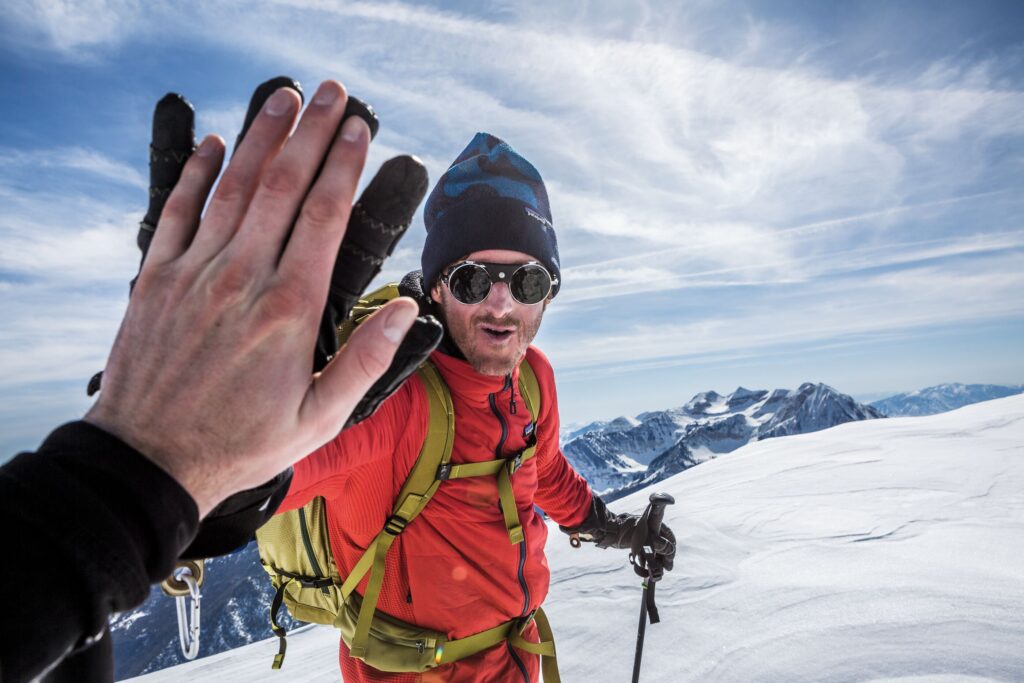
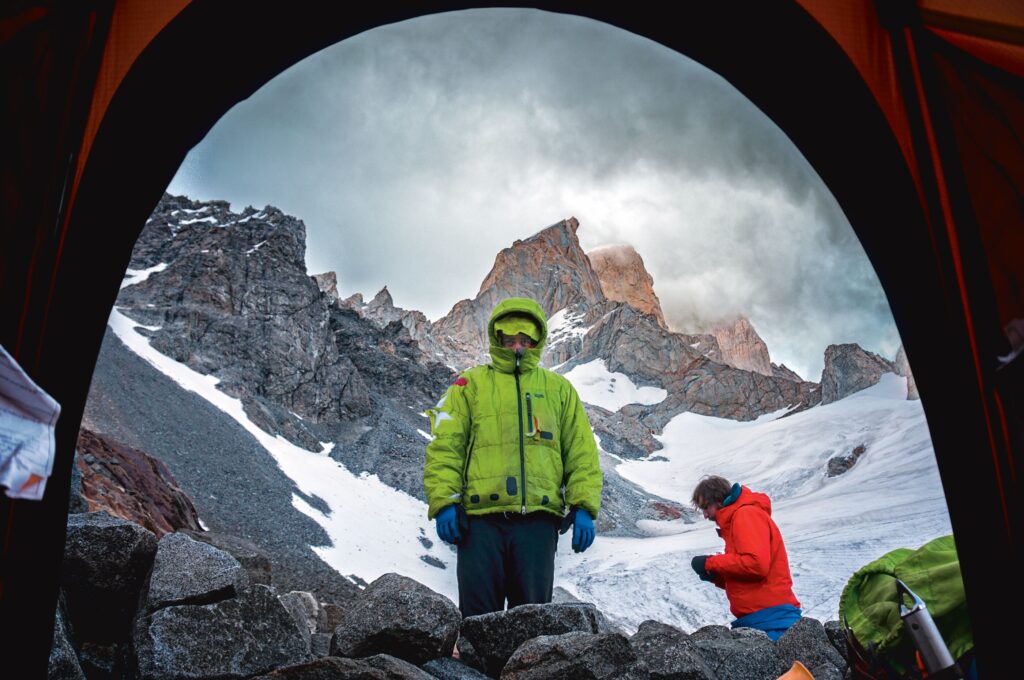
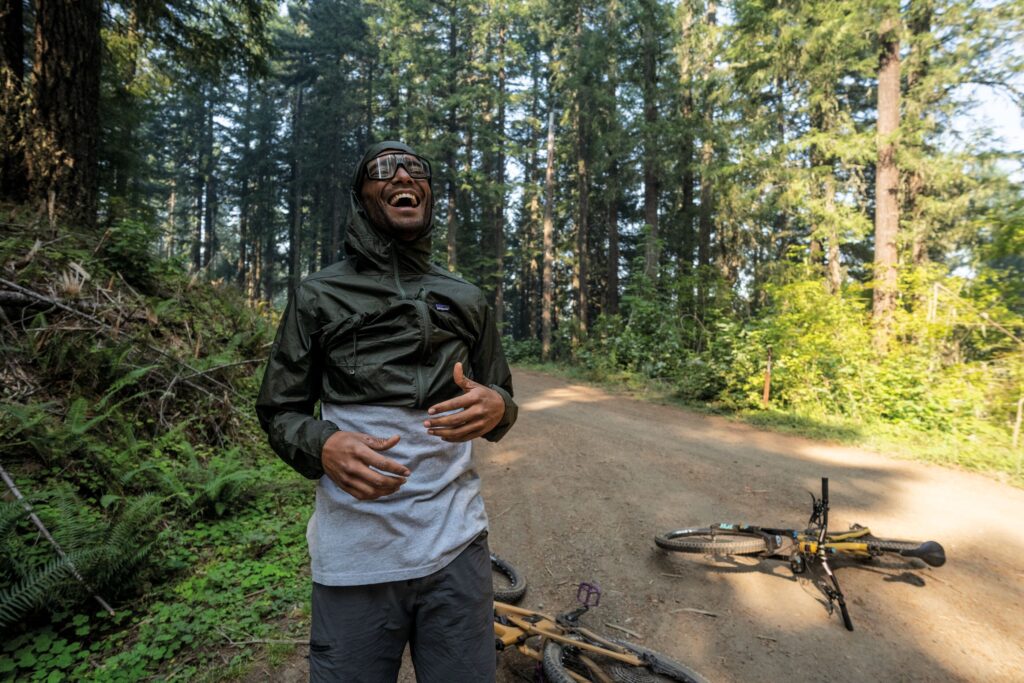
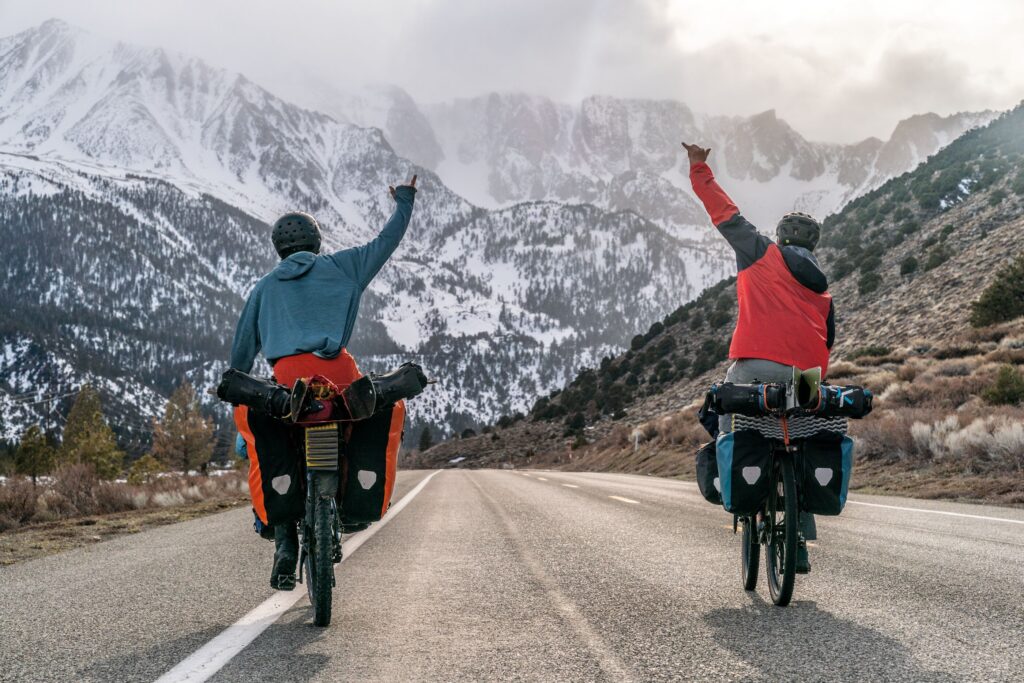
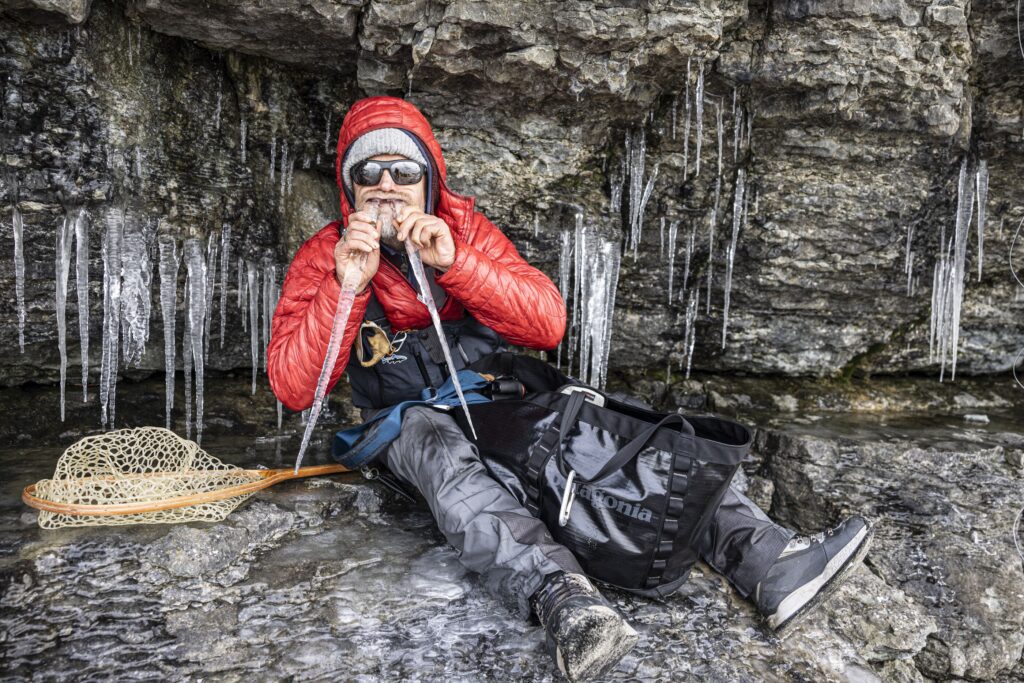

In business to save our home planet, founded by Yvon Chouinard in 1973. As a certified B Corporation and a founding member of 1% for the Planet, Patagonia is recognised internationally for its product quality and environmental activism, as well as its contributions of nearly $200 million to environmental organisations. Its unique ownership structure reflects that Earth is its only shareholder: Profits not reinvested back into the business are paid as dividends to protect the planet.